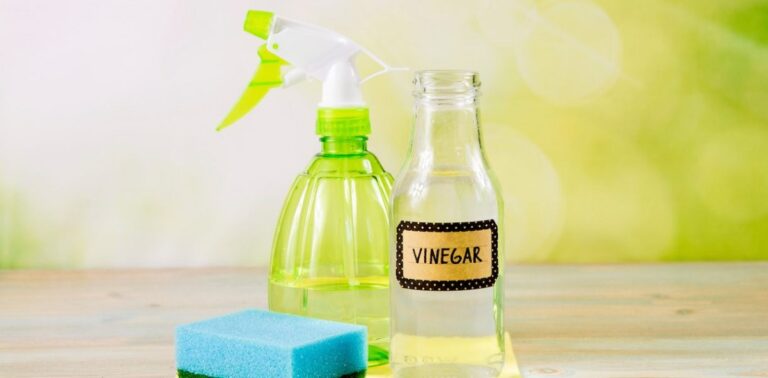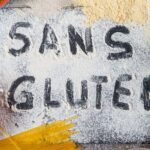White vinegar is nothing short of a cleaning superhero. Known for its antibacterial and antiseptic properties, this cost-effective solution has been a go-to for natural cleaning enthusiasts for centuries. It’s incredibly versatile, capable of tackling a wide range of household chores. However, there are some places where even this mighty cleaner should fear to tread.
When Not to Use White Vinegar
Despite its prowess, white vinegar isn’t suitable for every cleaning task. Let’s dive into the 10 things you should avoid cleaning with white vinegar and why.
Wooden Surfaces
Wood and white vinegar don’t mix well. The acidic nature of vinegar can dull the finish of wood surfaces, making them look lifeless. It can also dry out wood, leading to brittleness. For those precious wood surfaces and furniture, a gentle soap is a safer choice.
Stainless Steel Surfaces
Although it might seem like a good idea to use white vinegar on stainless steel for that sparkling clean, it can actually harm the protective coating and leave unsightly stains. Specialized stainless steel cleaners are your best bet here.
Stone Surfaces
Natural stones like granite or marble should steer clear of white vinegar. The acid can etch the surface, leaving permanent damage. For engineered stone, always do a spot test first or opt for a stone-safe cleaner.
Glass Surfaces
While vinegar can clean glass, tinted or specially treated glass could suffer from its application. Porous glass surfaces are particularly vulnerable to irreversible damage.
Delicate Materials
White vinegar’s potent nature means it can harm fragile materials like fabric, leather, or silk. It’s also not recommended for plastic, ceramic, or porcelain surfaces due to potential damage.
Electronic Devices
Electronics and white vinegar are a recipe for disaster. The liquid can corrode internal components, leading to malfunction or complete failure. Always use electronics-specific cleaners for these delicate items.
Hardwood Floors
Pure white vinegar can strip the finish off hardwood floors, drying out the wood and causing long-term damage. While some advocate for a diluted solution, a specialized wood floor cleaner is a safer option.
Jewelry with Precious Stones
While vinegar can bring back the shine to metal jewelry, those adorned with precious stones should avoid this method. The acidity can dull the sparkle of gems.
Copper Surfaces
Copper can be cleaned with white vinegar, but caution is advised. Protective coatings can be stripped away, and over time, vinegar can stain and permanently damage the copper.
Brass Surfaces
Brass should never meet white vinegar, as it can tarnish and dry out the material. For brass items, use a cleaner designed specifically for brass to keep it looking its best.
Conclusion
White vinegar is a cleaning marvel, capable of making much of your home sparkle. However, it’s essential to use it wisely and steer clear of certain materials to avoid damage. When in doubt, test a small area first or reach for a product designed for the specific surface you’re cleaning. Your home will thank you for the careful consideration.






